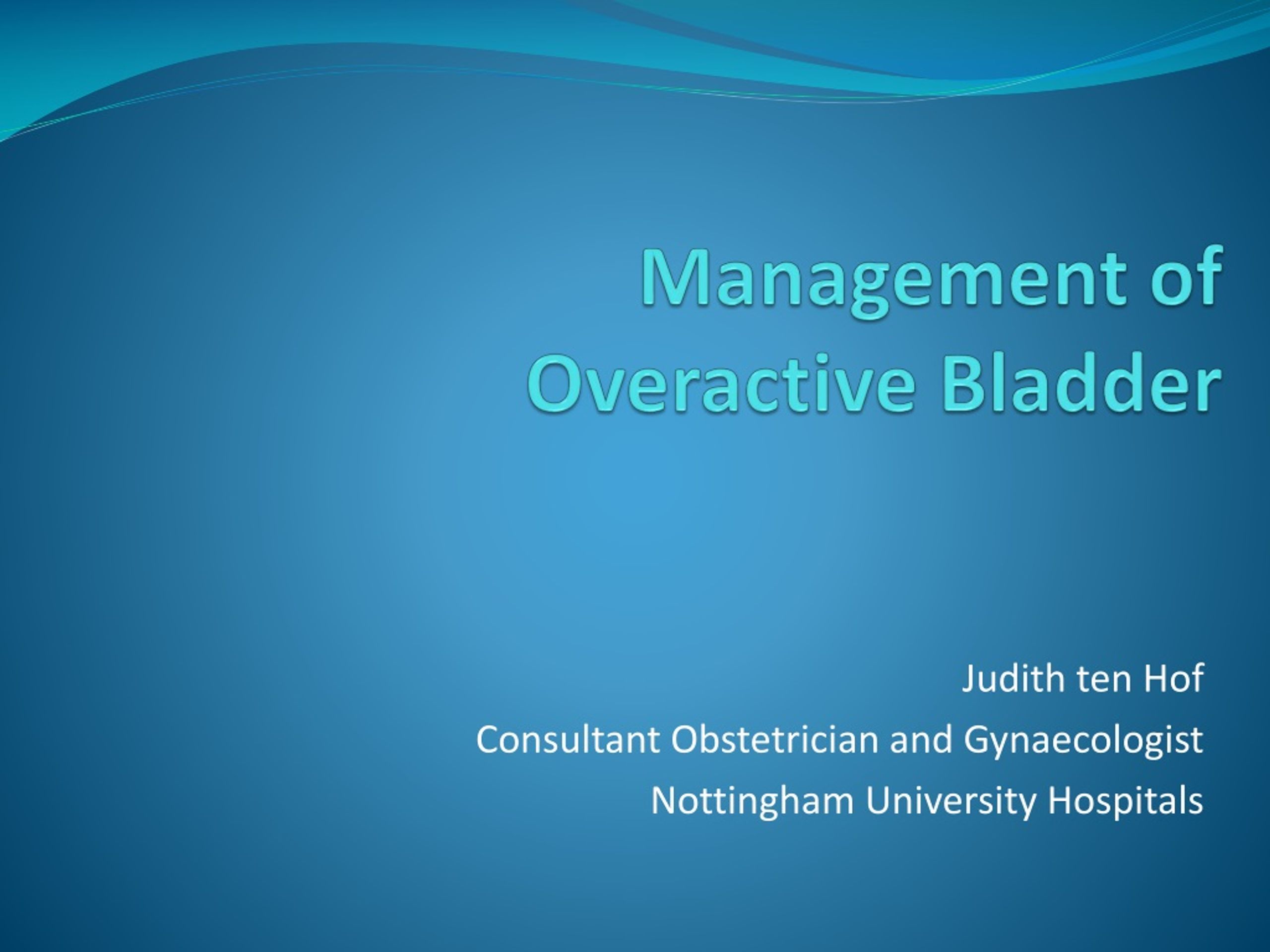
September 3, 2024
Tension Urinary System Incontinence Sui
Anxiety Urinary System Incontinence Sui Anxiousness even rears its head when you begin speaking about overactive bladder. According to one research, 48% of patients with overactive bladder show anxiousness symptoms. Plus, according to the exact same research, about 24% of OAB clients have modest to severe anxiety. Around 15 million American women take care of urinary incontinence. And concerning 24% of women over 40 have actually experienced fecal urinary incontinence a minimum of as soon as in the previous year, too. If you have this type, activities that increase the pressure inside your Continue reading abdominal area reason pee to leakage through the ring of muscular tissue in your bladder that normally holds it in.Did We Answer Your Concerns Concerning Urinary Incontinence?
These people can additionally provide additional suggestions for managing the signs and symptoms. In a pilot research involving 10 ladies with drug-resistant OAB, CBT boosted urinary system symptoms and resulted in substantial renovations in both stress and anxiety and clinical depression. Along with the recognized therapy options for OAB, a selection of alternate therapies might help in reducing symptom-related anxiety and stress. Stress incontinence is the term utilized to explain an individual's lack of ability to keep in their urine during moments of abrupt abdominal pressure. This can happen during activities varying from sneezing or laughing to running or leaping rope. This, subsequently, can have an effect on your self-confidence. It can impact your sex life-- urinary incontinence can reduce your self-confidence level, making you shy away from intimacy any place possible. This could cause recurring low state of minds, solitude and possibly even depression. If you're currently in a connection, it could even put additional strain on this element of your life. It can disrupt your sleep-- if you're dealing with urinary incontinence, you might dread going to sleep at night due to the overwhelming problem that you may damp the bed. This indicates waking routinely through the evening and mosting likely to the bathroom just to be on the risk-free side.Male Pelvic Flooring Muscle Mass
People of all sexes can gain from pelvic floor exercises. In cases where non-surgical choices are inadequate, individuals may call for surgical procedure. Regarding 80% to 90% of ladies who undergo surgical procedure for tension incontinence notice a substantial improvement. These surgical procedures can successfully treat the large bulk of tension urinary incontinence situations. Negative effects of surgical procedure consist of continued or worsened incontinence or an inability to urinate.Can pee leakage be cured?
Pelvic Flooring Exercises
Kegel workouts are a simple method to build strength in your pelvic flooring muscles. These exercises are done by training, holding and then relaxing your pelvic floor muscles. You can discover these muscular tissues by stopping the circulation of pee mid-stream while you're peing. Only do this till you learn how to discover the muscle mass-- stopping the flow of urine mid-stream isn't healthy and balanced over an extended period of time. There are various reasons that you could experience urinary incontinence.- Ask your healthcare expert whether you ought to consume less liquid during the day.
- When these muscle mass are compromised, you're most likely to experience leak concerns.
- If you have a leaking bladder, you're most definitely not alone.
- The first is that stress produces the supposed fight-or-flight feedback that raises the sensitivity of the nerve system.
/pelvic-floor-muscles-670882931-2b067da5d8c840ad972fe31f57d84d93.jpg )

Social Links